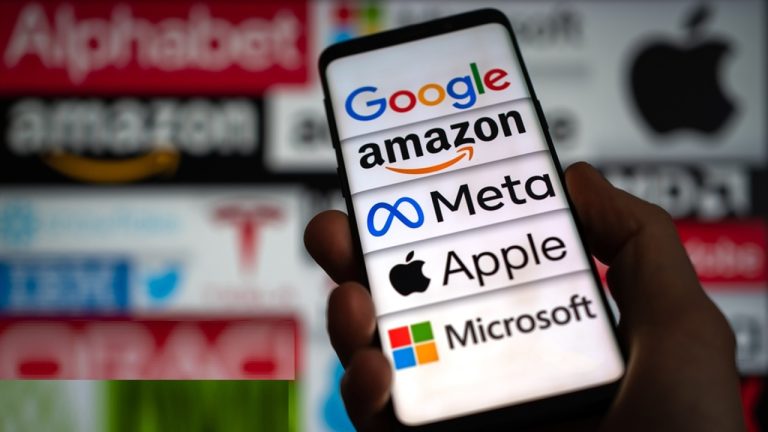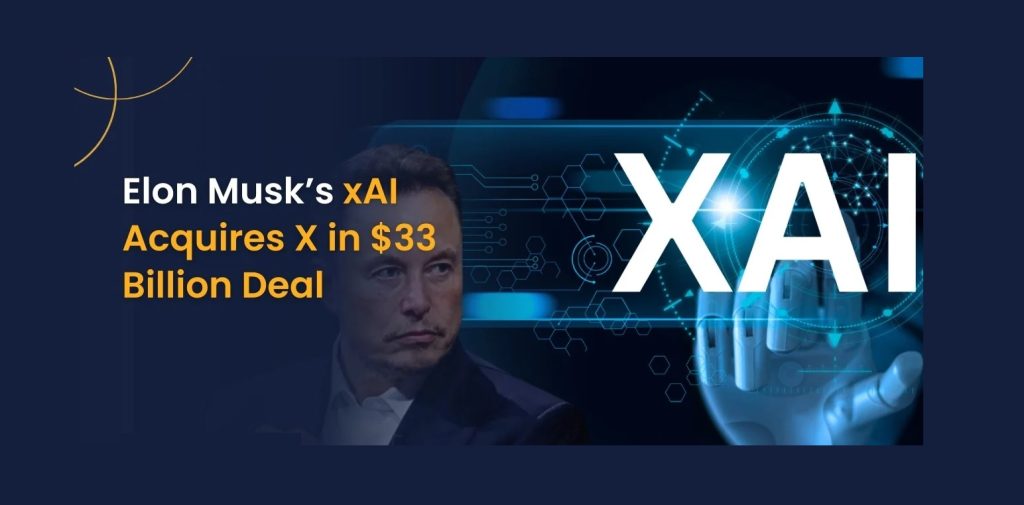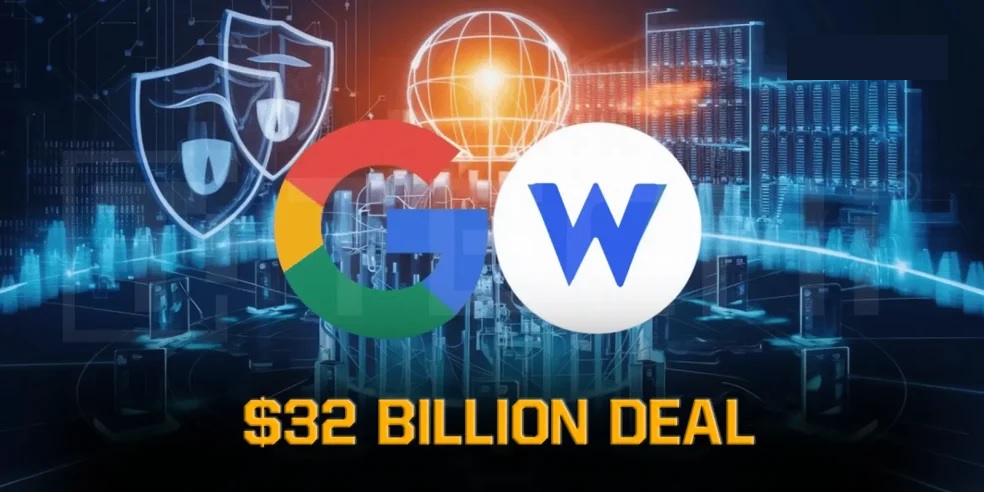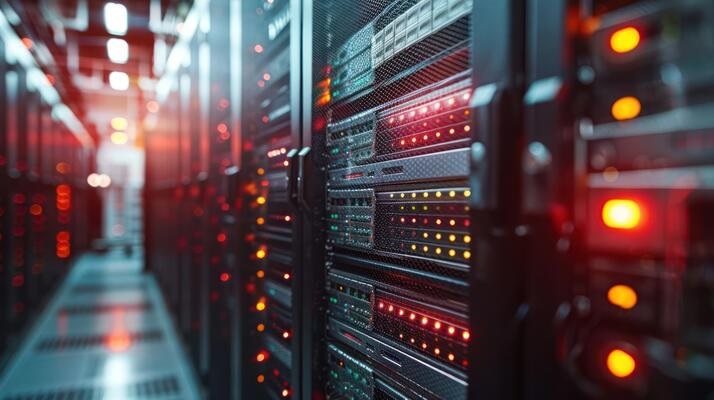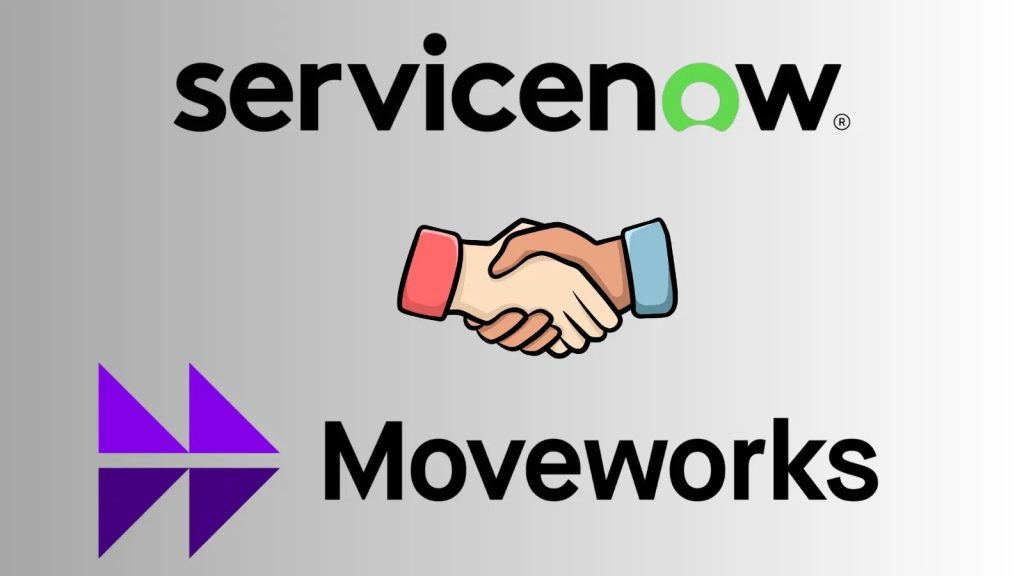How 2025’s tech mega-deals are reshaping your digital life
2025 is shaping up as a landmark year for tech acquisitions 2025. From AI to cybersecurity to broadband, companies are spending billions to outpace rivals and lock in strategic advantages. From recent tech M&A deals like the Google Wiz acquisition to the Salesforce Informatica deal, the real story isn’t just boardroom strategy—it’s how these tech company acquisitions will change the way you scroll, stream, shop, and secure your digital world. This article breaks down the biggest acquisitions in tech and explains what they mean for you: the devices you use, the apps you love, and the data you trust every day.
xAI acquires X for $33 billion
In one of the decade’s most talked-about AI acquisitions 2025, Elon Musk’s AI firm xAI acquired X (formerly Twitter) for $33 billion. Musk’s vision is to weave advanced artificial intelligence directly into the social experience—promising personalized feeds, sophisticated moderation tools, and even “synthetic personalities” that interact with users in real time.
While the promise is tantalizing, the risks are just as real. Integrating AI deeply into social media means users could be chatting with AI personas that sound indistinguishable from humans. This opens the door to richer engagement, but also disinformation concerns and trust challenges.
Consumer impact:
- Get ultra-personalized feeds tailored by AI
- Chat with lifelike AI “personas” on social platforms
- Stay cautious—harder to tell real voices from synthetic ones
Alphabet (Google) buys Wiz for $32 billion
Alphabet’s largest-ever acquisition targeted Wiz, a rising star in cloud cybersecurity. The Google Wiz acquisition—valued at $32 billion—signals Google’s determination to dominate the cybersecurity landscape. integrating Wiz’s AI-powered threat detection and automated remediation into Google Cloud.
For consumers, the effect may be indirect but significant. Whether you’re storing personal photos, streaming Netflix, or using productivity apps, chances are your data touches Google’s cloud infrastructure. With Wiz, Google strengthens protection across platforms, reducing risks of breaches and identity theft.
Consumer impact:
- Store photos, files, and apps more safely in Google Cloud
- Enjoy stronger protection when using Gmail, Drive, or YouTube
- Worry less about hacks and identity theft across Google services
Charter acquires Cox Communications fiber assets for $34.5 billion
In one of the most transformative tech acquisitions 2025, Charter bought Cox Communications’ fiber assets for a whopping $34.5 billion. This deal instantly reshapes the broadband landscape, expanding Charter’s reach into millions of additional U.S. homes. For consumers, that means access to faster internet speeds, lower latency, and stronger support for bandwidth-hungry activities like cloud gaming, 8K streaming, and remote work.
But there’s a catch: fewer competitors in the broadband market could give Charter more power over pricing, especially in smaller suburban and rural areas where choices are already limited. This is a classic case of consumers getting the thrill of turbocharged internet paired with the worry of higher monthly bills.
Consumer impact:
- Stream 8K movies, game online, and video call with less buffering
- Access fiber internet in more rural and suburban regions
- Stay alert for possible price hikes in markets with limited competition
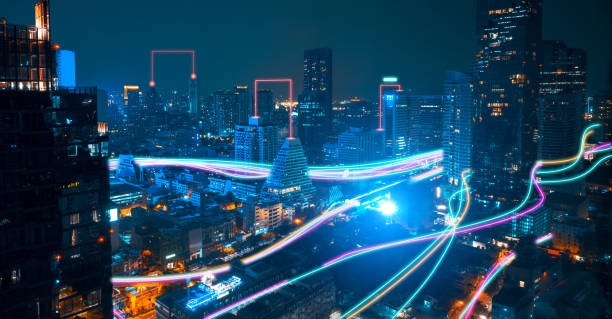
Palo Alto Networks purchases CyberArk for $25 billion
Another standout in recent tech M&A deals, Palo Alto Networks made waves by snapping up CyberArk for $25 billion. Known as a global leader in identity security, CyberArk specializes in protecting the most sensitive digital assets: passwords, credentials, and digital identities. With this acquisition, Palo Alto fortifies its cybersecurity empire just as identity-based attacks surge worldwide.
For consumers, this could mean logging into banks, healthcare portals, and work apps without ever touching a password. Think biometric authentication—face scans, fingerprints, or even voice recognition—combined with automated alerts when suspicious activity is detected. The result? A future where your identity is better protected, and the password “123456” can finally retire.
Consumer impact:
- Skip typing passwords—log in with biometrics instead
- Keep financial, health, and work accounts safer from hackers
- Get real-time alerts if your credentials are compromised

IBM acquires HashiCorp for $6.4 billion
IBM’s $6.4 billion purchase of HashiCorp might not grab the same headlines as other biggest acquisitions in tech, but its ripple effects will be felt across the digital world. HashiCorp is a leader in infrastructure automation, ensuring that cloud systems run more smoothly and efficiently. By bringing HashiCorp into its hybrid cloud portfolio, IBM strengthens its ability to orchestrate massive enterprise operations.
What does this mean for you? Fewer app crashes, smoother digital banking, and seamless streaming experiences. Behind the scenes, automation ensures services scale reliably—even during peak usage. So while you may not directly notice IBM’s move, you’ll feel the difference every time your favorite apps “just work.”
Consumer impact:
- Enjoy smoother apps and faster updates across services
- Benefit from more reliable streaming and AI-powered tools
- Experience fewer disruptions in cloud-powered apps
AMD absorbs ZT Systems for $4.9 billion
AMD made a bold move with its $4.9 billion acquisition of ZT Systems, a major server manufacturer powering AI-driven data centers. This isn’t about smartphones or laptops—it’s about the powerful backend infrastructure that fuels them. By strengthening its AI computing portfolio, AMD is taking aim at Nvidia’s dominance in the AI hardware space.
For consumers, the benefits of this AI acquisitions 2025 play will be subtle but powerful: smoother cloud gaming, faster AI assistants, and speedier search results. Whether you’re asking your smart speaker about the weather or playing the latest high-resolution game on a cloud platform, AMD’s strengthened data center muscle makes those experiences faster and more responsive.
Consumer impact:
- Play cloud games with smoother graphics and less lag
- Get instant search results and snappier voice assistant responses
- Use smarter, more responsive AI-powered home devices
Google buys Character.AI for $2.7 billion
The Google Character.AI acquisition adds a quirky twist to the year’s tech company acquisitions. For $2.7 billion, Google secured Character.AI, a startup known for creating playful, human-like AI chatbots. Imagine your Google Assistant no longer just setting timers or reminders but also role-playing as a teacher, cracking jokes, or chatting with you about your day.
The integration of Character.AI into Android and Google services will make devices feel more conversational, personal, and—dare we say—entertaining. It marks a shift where AI doesn’t just do things for you but also talks to you like a friend.
Consumer impact:
- Chat with Google Assistant in a natural, human-like way
- Experience more personal and engaging AI on Android devices
- Enjoy playful, mood-based AI interactions for entertainment or support
Salesforce acquires Informatica for $8.1 billion
The Salesforce Informatica deal is one of the most significant tech acquisitions 2025 in the world of enterprise data. For $8.1 billion, Salesforce added Informatica’s data management and integration tools to its arsenal. Why does this matter? Because the better companies handle data, the more personalized your digital life becomes.
For consumers, this means smarter product recommendations, hyper-targeted shopping experiences, and potentially stronger privacy protections—though there’s also a risk of brands knowing a little too much about you. It’s a double-edged sword: hyper-personalization can be convenient, but it can also feel invasive if not handled responsibly.
Consumer impact:
- See smarter, more accurate shopping recommendations
- Benefit from stronger data safeguards in enterprise use
- Brace for hyper-personalized ads that may feel “too tailored”
ServiceNow acquires Moveworks for $2.85 billion
Adding to the wave of recent tech M&A deals, ServiceNow purchased Moveworks—an AI productivity assistant—for $2.85 billion. While aimed primarily at workplace IT, this deal has consumer ripple effects. Moveworks specializes in automating problem-solving, like instantly fixing IT issues or resolving support tickets without human intervention.
This could lead to customer support that finally works—bots that actually resolve issues instead of sending you in circles. It could also power smarter productivity apps that troubleshoot themselves or manage complex digital workflows for you automatically.
Consumer impact:
- Get AI-powered customer support that actually solves problems
- Use productivity apps that handle IT fixes instantly
- Rely on AI assistants that can manage digital tasks with ease
OpenAI acquires iO Products for $6.5 billion
OpenAI’s $6.5 billion purchase of iO Products, founded by design legend Jony Ive, cements 2025 as a year defined by bold AI acquisitions 2025. This isn’t just about software—it’s about hardware that blends design and intelligence. With Ive’s design genius, OpenAI is expected to launch stylish AI-native gadgets that make smartphones feel outdated.
Imagine wearables that are both fashionable and functional, or AI-first home devices that respond to voice, vision, and context more naturally than ever before. For consumers, this acquisition hints at a future where the line between tech and lifestyle blurs—where gadgets look as good as they work.
Consumer impact:
- Try beautifully designed AI-native gadgets from OpenAI
- Use wearables that respond naturally to voice and vision
- Experience the beginnings of smartphone alternatives
What drives these historic deals?
The motivations underlying the tech acquisitions 2025 reflect powerful trends:
- AI dominance: Tech giants are racing to own the AI stack—from chips to cloud to user interfaces.
- Cybersecurity escalation: With cybercrime rising, mergers guarantee robust, AI-enabled defenses.
- Ecosystem consolidation: Companies want users locked into seamless, interconnected environments.
- Data centralization: Efficiency improves, but risks grow as fewer companies control more of your personal data
Consumer impact: benefits, risks, and what to expect
Smarter devices, enhanced security, and faster innovation are clear benefits. But the biggest acquisitions in tech also raise questions about competition, privacy, and pricing.
- Smarter devices, more personalized services: Assistants and apps anticipate needs before you even ask.
- Enhanced security and privacy features: From biometric logins to automated protections, everyday security is stepping up.
- Faster innovation—but less choice: Mergers speed up new tech rollouts but reduce competition, limiting diversity and sometimes raising prices.
- New questions about data usage: Unified platforms make life easier but concentrate control—transparency is critical.
- Improved connectivity: Faster broadband and stronger cloud infrastructure mean fewer outages and better performance.
Risks and regulatory watchpoints
Antitrust regulators are closely monitoring the Google Wiz acquisition and the xAI-X merger.
- Antitrust scrutiny: Regulators in the US, UK, and EU are watching mega-mergers like Google-Wiz and xAI-X.
- Data breaches: Bigger data lakes mean juicier targets for hackers.
- Price increases: Broadband and cloud consolidation risk raising costs for households.
How consumers can prepare and respond
- Stay informed: Track which companies own your favorite apps and services.
- Review privacy settings: Don’t rely on defaults—adjust them regularly.
- Avoid ecosystem lock-in: Use cross-platform apps to keep flexibility.
- Speak up: Support competition and demand data transparency.
Conclusion: navigating a new digital landscape
The tech acquisitions 2025—from the Salesforce Informatica deal to bold AI acquisitions 2025—represent both a golden era of innovation and a potential tipping point for consumer choice.
For everyday users, the best defense is awareness. Stay informed, question defaults, and choose services that balance convenience with privacy. The future of tech won’t just be written by corporations—it will be shaped by consumers who demand progress without compromise.
FAQs
Q1: What was the most expensive tech acquisition in 2025?
A: Charter-Cox ($34.5B) and xAI-X ($33B) top the list of biggest acquisitions in tech.
Q2: Will these mergers help or hurt consumer privacy?
A: Security may improve, but risks from centralized data ownership mean consumers should pay attention to policies behind these tech company acquisitions.
Q3: How do these deals change what devices and services I use?
A: Expect AI-powered personalization, ecosystem bundles, and smarter assistants shaped by recent tech M&A deals.
Q4: Should consumers advocate for more competition?
A: Yes. Consolidation risks reducing choice. Oversight of tech acquisitions 2025 is crucial for balance.
Q5: How will AI-driven acquisitions affect everyday life?
A: From smarter assistants to personalized apps, AI acquisitions 2025 will be woven into daily routines—but raise privacy and trust concerns.

